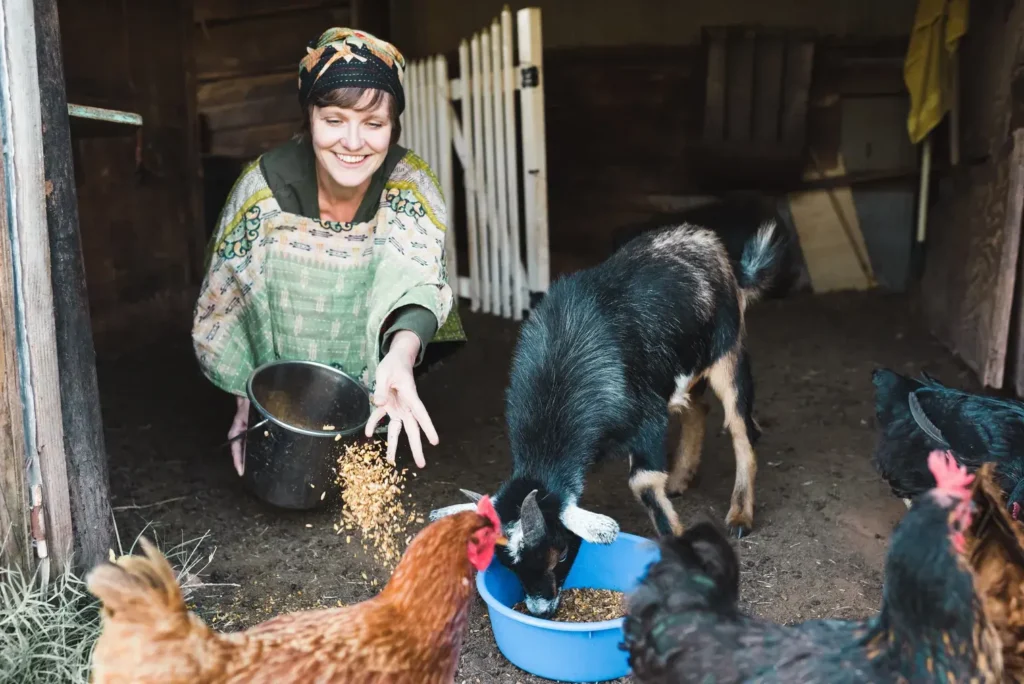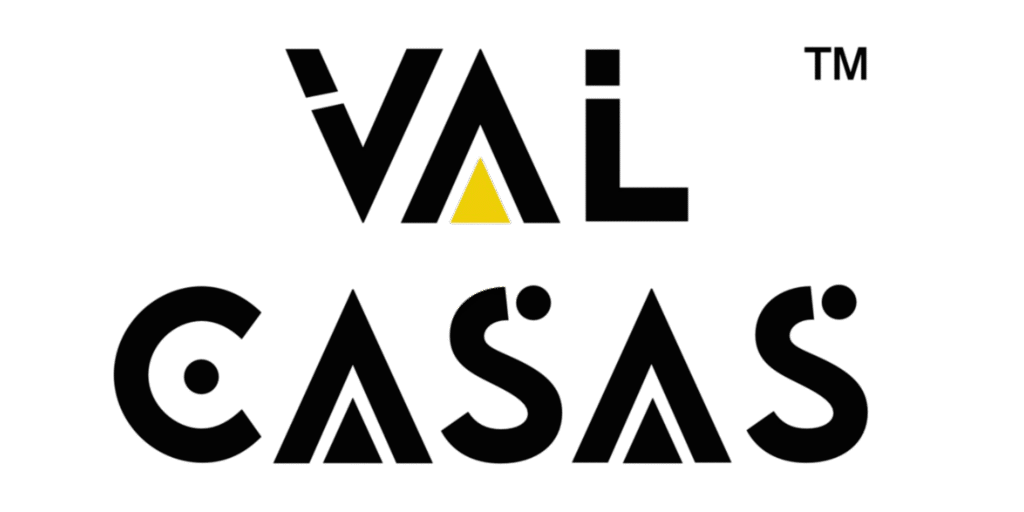
The Hidden Dangers of Poor Nutrition: How Deficiencies Affect Livestock Productivity
Ignoring proper nutrition can silently harm livestock health and reduce their productivity. Nutritional deficiencies may not show immediate signs but can lead to long-term problems in growth, reproduction, and immunity. Ensuring the right supplements can make a visible difference in overall farm output.
Good nutrition is the foundation of healthy livestock. Whether it’s cattle, poultry, or other animals, their growth and performance depend heavily on what they eat. When animals don’t receive the right balance of nutrients—like protein, minerals, vitamins, or energy— they start showing subtle signs of stress and poor health. These signs might go unnoticed at first but gradually lead to serious productivity losses.
One of the first impacts of poor nutrition is reduced weight gain. Animals that don’t get enough protein or energy grow slower, take longer to reach market weight, and consume more feed in the process. This means more money spent and less return. In dairy animals, low-quality nutrition leads to poor milk yield and weaker milk composition. Farmers often overlook the role of proper feed in milk production, focusing only on genetics or breed performance.
Poor nutrition also weakens the immune system. Animals become more prone to infections,diseases, and digestive issues like bloating, diarrhea, or poor feed absorption. This results in higher veterinary costs, more an biotic use, and a drop in animal efficiency. In poultry, nutrition gaps can affect egg quality, shell strength, and even hatchability. In breeding animals, it causes fertility problems, lower concep on rates, and frequent calving or lambing issues.
Another hidden danger is poor feed conversion. Even if animals eat enough, they may not utilize the nutrients properly due to a lack of essential elements. This reduces feed efficiency—a critical factor in profitable farming. Many of these issues can be corrected with well-balanced supplements that support diges on, metabolism, and gut health. Adding high quality veterinary supplements like Valcasas products ensures animals get the missing elements in their daily feed.
Supplements that include probiotics, vitamins, minerals, and herbal extracts can make a big difference. They improve digestion, increase absorp on, and support organ health. Farmers using such solutions often see improvements in weight gain, milk production, and overall animal behavior.
In the long run, investing in proper nutrition is always more cost-effective than treating disease or dealing with poor performance. Healthy, well-fed animals are more productive, less stressed, and live longer—resulting in a more successful and sustainable farm.





